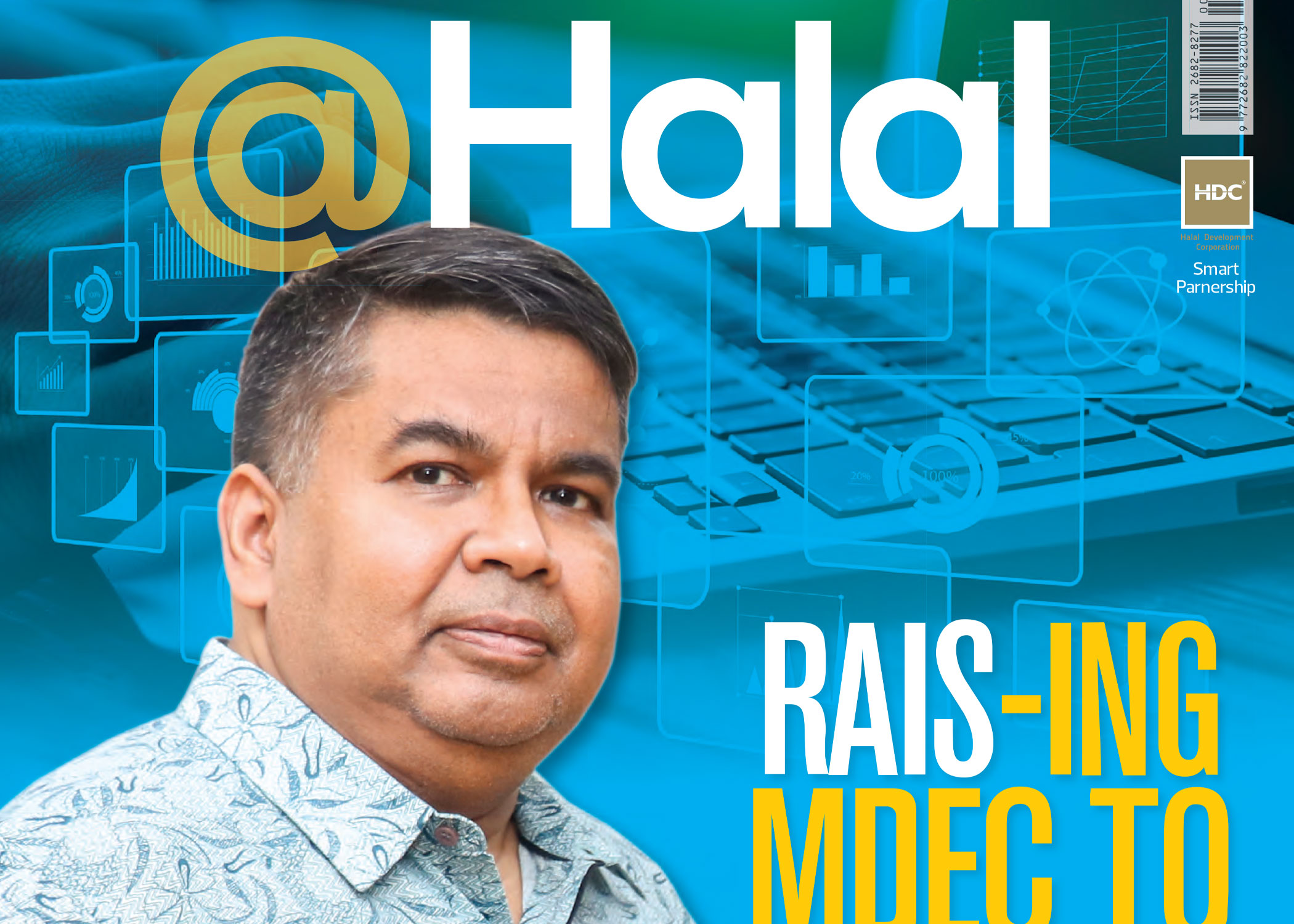
Published by Malay Mail & New Straits Times, image from Medium.
Technological embedment, digitisation and automation in the healthcare ecosystem are key elements in revolutionising the present healthcare system towards a better and smarter one.
Globally, healthcare systems are grappling with poverty, disproportionate access to medical services, unequal results, and rising demand from growing populations with longer life spans.
According to a McKinsey’s article on “Finding the future of care provision: The role of smart hospitals” new technologies have altered consumer expectations, as the number of today’s patients that wish for healthcare services to be delivered with greater efficiency, and in appropriate, comfortable and near-normal settings are growing.
Thus, without significant structural and transformational changes, healthcare systems will struggle to remain sustainable in the years ahead.
Here is where technologies like artificial intelligence (AI), robotics, precision medicine, 3-D printing, augmented reality/virtual reality, genomics and telemedicine come into rescue to help meet these challenges.
The Director General of Health, Datuk Dr Noor Hisham Abdullah, has highlighted the needs of transforming the current healthcare system from one of complexity to one of high impact, along with the reasonable cost and excellent outcomes.
In fact, this transformation is vital to support Malaysia’s transition towards Malaysia 5.0, a vision propounded by Datuk Dr Rais Hussin, chairman of Malaysia Digital Economy Corporation (MDEC) — a problem-solving approach to society’s challenges and problems by introducing and applying the innovations of the Fourth Industrial Revolution that incorporate both the physical and digital worlds.
At its core, there are four key trends involved in reshaping the healthcare systems and encouraging its transition to the smarter ones, which are as follows:
From disease-centred to patient-centred care
Patient-centred care is about treating a person who receives healthcare service with dignity and respect and involving them in all health decisions.
When healthcare professionals and services give you patient-centred care, it puts you at the “centre” of the healthcare by tailoring the care to suit your needs and what you want to achieve, so you can always find ways to get better, look after yourself and stay independent.
Emerging technologies that have made online consultations possible, multidisciplinary team support and other new models of care delivery are aiding hospitals to become more patient-centred.
Virtual healthcare assistants
There is currently a growing demand for various types of virtual assistant solutions worldwide, primarily because of the increasing focus on patient-centred care delivery, growing IoT adoption, increasing Internet connectivity and smartphone devices and rising focus on patient engagement.
In short, virtual healthcare assistant acts as a successful communication medium for remote patients and health practitioners.
According to Dr Paul Weber, an associate dean for medical education at Rutgers, Robert Wood Johnson and New Jersey medical schools, this AI-driven technology can help people with Alzheimer’s disease to perform their daily activities.
For instance, 59-year-old Brian Leblanc who was diagnosed with early-onset Alzheimer’s disease in 2014, started using Alexa on his Amazon Echo Dot for reminders to eat, bathe and take medication.
Plus, as Malaysia is expected to be an ageing nation by 2040, this technology could be beneficial. It can virtually monitor those exploding senior population by recording their vital signs at home and share it instantly to the “real” nurse or doctor for further actions.
Highly integrated data and platforms
Through highly integrated data and platforms, hospitals can improve their communication between different departments and stakeholders which will ultimately improve the patient’s hospital experiences.
The interconnectivity between departments ensures that all ancillary roles such as billings run smoothly and in an organised manner, but most importantly, with the appropriate safeguards.
Also, all the repetitive and administrative tasks can then be eliminated, so the productivity and the efficiency of care delivery can boost and simultaneously allow healthcare systems to provide more and better care to more people.
Precision medicine
Precision medicine is an essential part of a complex modern phenomenon that considers the environment, lifestyle, diet, beliefs and medical data of a person’s life. Through this strategy, patients will turn into active actors in maintaining and managing their wellbeing.
On the clinical front, this method will classify individual risks of getting certain diseases and take preventive steps to avoid their onset and build a tailored pipeline as well as comprehensive treatment choices based on the patient data.
This helps to resolve severe and unmet patient requirements at the right time.
Currently, precision medicine is being best used for certain cancers to help doctors identify who might be at high risk of disease, prevent some types of cancer, and correctly diagnose a specific type of cancer.
Precision medicine is also a golden opportunity to reduce healthcare services’ rising expenses by making the most of the resources available while improving the health of people and communities.
In short, a smart healthcare system utilises different kinds of modifications and technologies to access information dynamically, promote interaction among all stakeholders in the area of healthcare, ensure participants receive the necessary services and facilitate the stakeholders in making informed decisions.
Indeed, this new and enhanced healthcare system is not just a simple technological advancement, but also a higher stage of information construction in the medical field that perhaps, could fulfil the criteria of realising Malaysia 5.0.
Nurafifah Mohammad Suhaimi is Research Assistant at EMIR Research, an independent think tank focused on strategic policy recommendations based on rigorous research.

